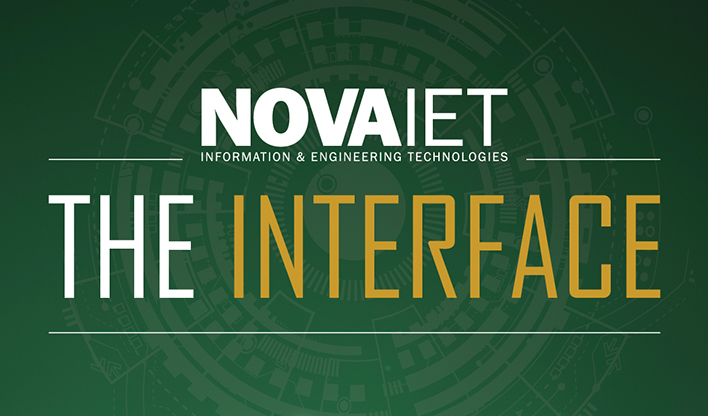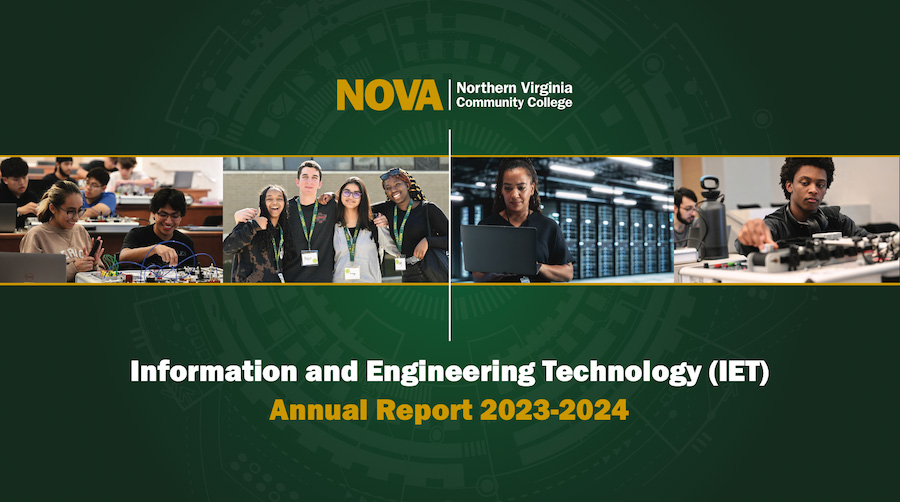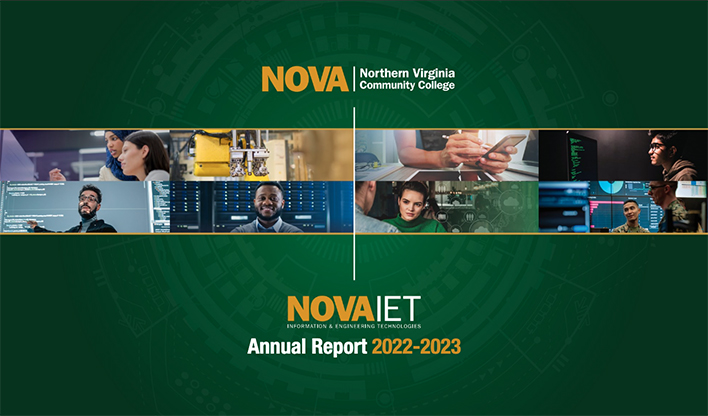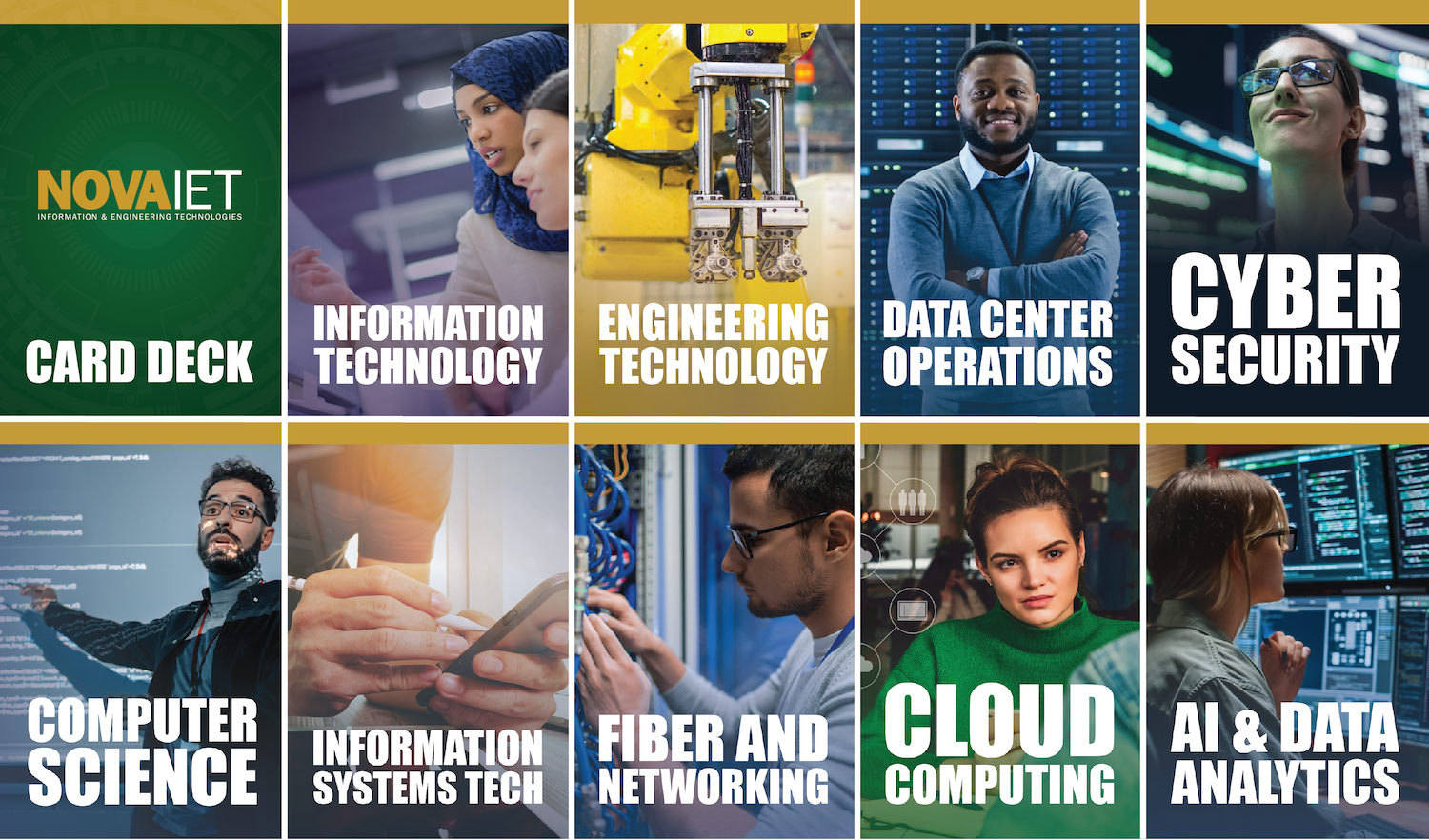NOVA IET: Preparing You for the Future of Technology
The Information and Engineering Technologies (IET) division equips students with the knowledge and skills necessary to succeed in the rapidly growing and high demand fields of IT and engineering technology. The programs found within IET are aligned to the needs of industry, infused with opportunities to earn industry-recognized credentials, and targeted at high growth areas that show significant job demand within the Northern Virginia Region.













